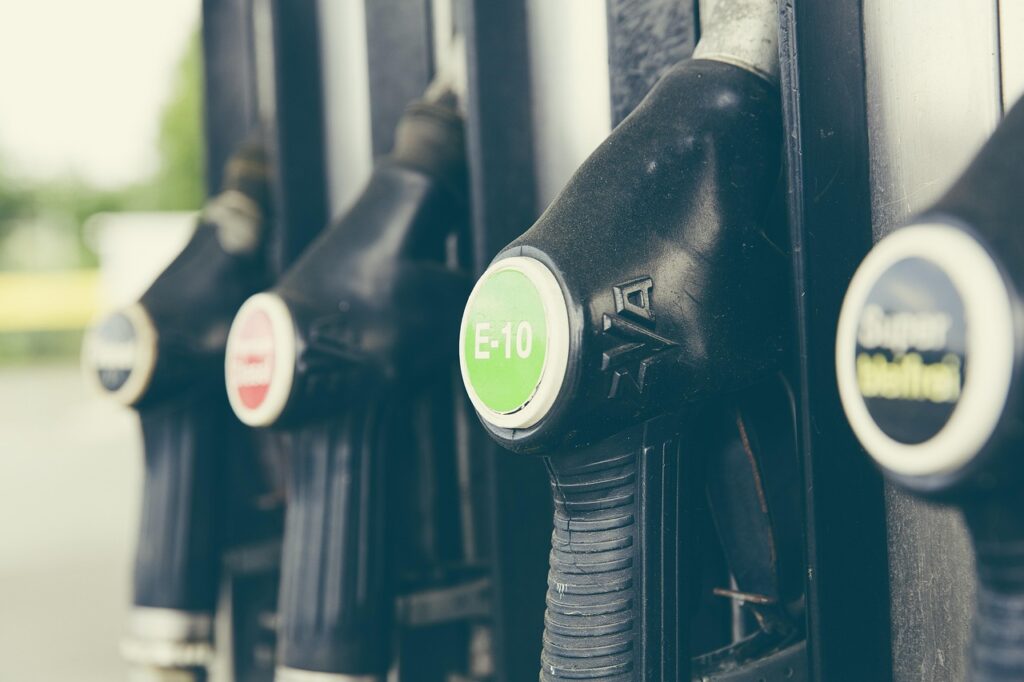Shell is reportedly exploring the possibility of acquiring BP, one of its largest rivals in the oil and gas industry. This potential merger, if pursued, could reshape the sector. Discussions have been ongoing for weeks as Shell evaluates whether such a significant move would fit its long-term strategy. BP’s struggling financial performance, coupled with a sharp decline in share value, makes it more vulnerable to takeover interest.
BP’s Struggles Make it a Target for Shell
BP’s share price has plummeted over 30% in the past year. This decline has been driven by falling oil prices and a lack of investor confidence in CEO Murray Auchincloss’s strategy. BP is facing financial difficulties, with its first-quarter profits dropping to $1.4 billion, a sharp decline from $2.7 billion in the same period last year.
As a result, BP’s market value has decreased, making it a more attractive target for potential takeovers.
Shell’s Cautious Approach to Mergers
Although Shell is considering the acquisition of BP, sources suggest that the company may not act immediately. Shell could delay a decision and monitor whether BP attracts other suitors. Additionally, Shell might decide to focus on expanding its share repurchase program or pursue smaller acquisitions that would be more manageable.
Shell’s market capitalization of £145.6 billion is significantly larger than BP’s £55.9 billion. Despite the potential for a merger, Shell has emphasized its focus on internal improvements and operational efficiency.
BP’s Strategy to Rebuild Investor Confidence
BP has attempted to turn things around by shifting its focus back to traditional fossil fuel projects. This marks a change from earlier commitments to renewable energy. However, this shift has yet to yield positive results. BP’s recent restructuring efforts have been unable to restore investor confidence or improve financial outcomes.
The company is also dealing with the fallout from the sudden departure of former CEO Bernard Looney. Looney stepped down in 2023 due to undisclosed personal conduct, which added to BP’s instability.
Shell Prefers Share Buybacks Over Mergers
While there is speculation about a potential merger, Shell CEO Wael Sawan has expressed caution. Sawan favors continuing the company’s share buyback program instead of pursuing a large merger with BP.
“We’re always evaluating options,” Sawan said. “But at this stage, continuing our share repurchase program is clearly the most effective route.”
Shell’s first-quarter adjusted earnings of $5.6 billion were lower than last year but still exceeded market expectations.
The Future of Shell and BP: A Shifting Energy Landscape
As Shell assesses its options, BP faces a challenging future. The energy sector continues to evolve, with companies like Shell looking to consolidate amid market volatility. Whether Shell will pursue a merger with BP or choose a different path is uncertain.
The dynamics between these two giants reflect larger trends in the energy market, where consolidation is becoming more common. BP must overcome internal and external challenges to rebuild trust and stability.
The possibility of a merger between Shell and BP remains uncertain. While Shell’s cautious approach may involve delaying major decisions, BP’s future hangs in the balance. The next few months will be critical for both companies. Keep following this developing story as it could have significant implications for the global energy market.
